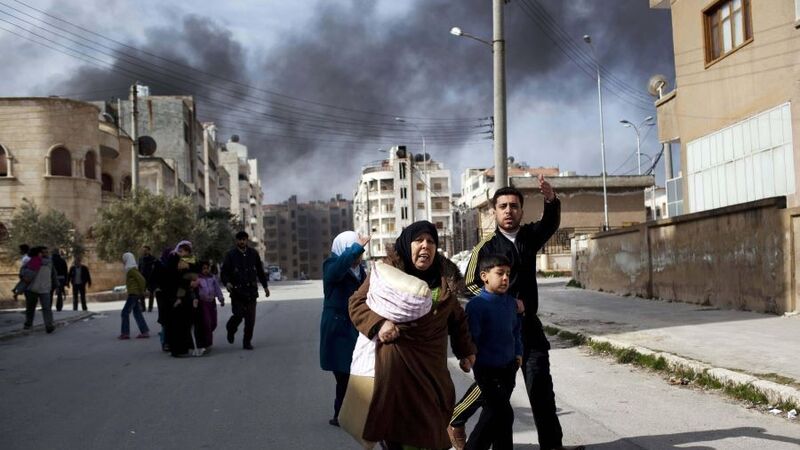Millions lay their hopes on Geneva

Shivering, and breathing difficulties are the first signs, but all too quickly the shivering stops, the breathing slows, the pupils dilate, and the child falls into coma and dies. It happens silently and all too easily.
This winter, no one has known this better than Syrian mothers who, stripped of the basics of survival — food, blankets, fuel — repeatedly wake their children throughout the night to make sure that they will still be alive in the morning.
















